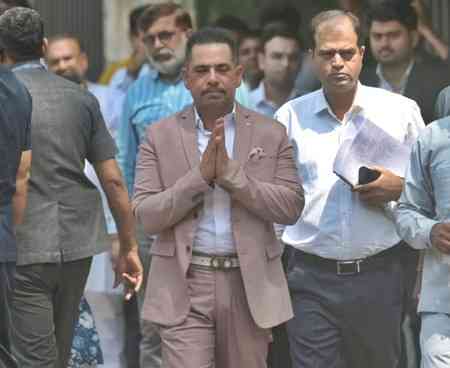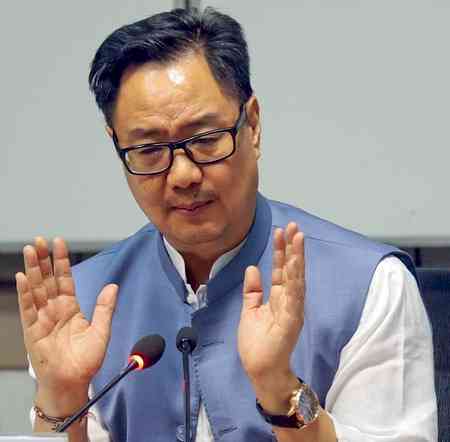India to take over as chair of Global Partnership on Artificial Intelligence
India will take over as the chair of the Global Partnership on Artificial Intelligence (GPAI), an international initiative to support responsible and human-centric development and use of Artificial Intelligence (AI), once it assumes G20 presidency on December 1.

New Delhi, Nov 20 (IANS) India will take over as the chair of the Global Partnership on Artificial Intelligence (GPAI), an international initiative to support responsible and human-centric development and use of Artificial Intelligence (AI), once it assumes G20 presidency on December 1.
Minister of State for Electronics and IT Rajeev Chandrasekhar will represent India at the GPAI meeting to be held in Tokyo on November 21, for the symbolic takeover from France, which is the outgoing Council chair.
In the election to the Council chair, India had received more than a two-third majority of first-preference votes while Canada and the US ranked in the two next best places in the tally - so they were elected to the two additional government seats on the Steering Committee.
For the 2022-2023 Steering Committee, the five government seats will therefore be held by Japan (as Lead Council Chair and Co-Chair of the Steering Committee), France (Outgoing Council Chair), India (Incoming Council Chair), Canada, and the US, official sources said.
GPAI is a congregation of 25 member countries, including the US, the UK, EU, Australia, Canada, France, Germany, Italy, Japan, Mexico, New Zealand, South Korea, and Singapore. India had in 2020 joined the group as a founding member.
According to Ministry of electronics and IT, AI has been catalysing the tech landscape and pushing further the envelope of human possibilities.
AI is expected to add $967 billion to the Indian economy by 2035 and $450-500 billion to India's GDP by 2025, accounting for 10 per cent of the country's $5 trillion GDP target, official sources said.
Artificial Intelligence is a kinetic enabler for growth of India's technology ecosystem and a force multiplier for achieving $1 trillion digital economy goal by 2025.


 IANS
IANS 








